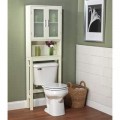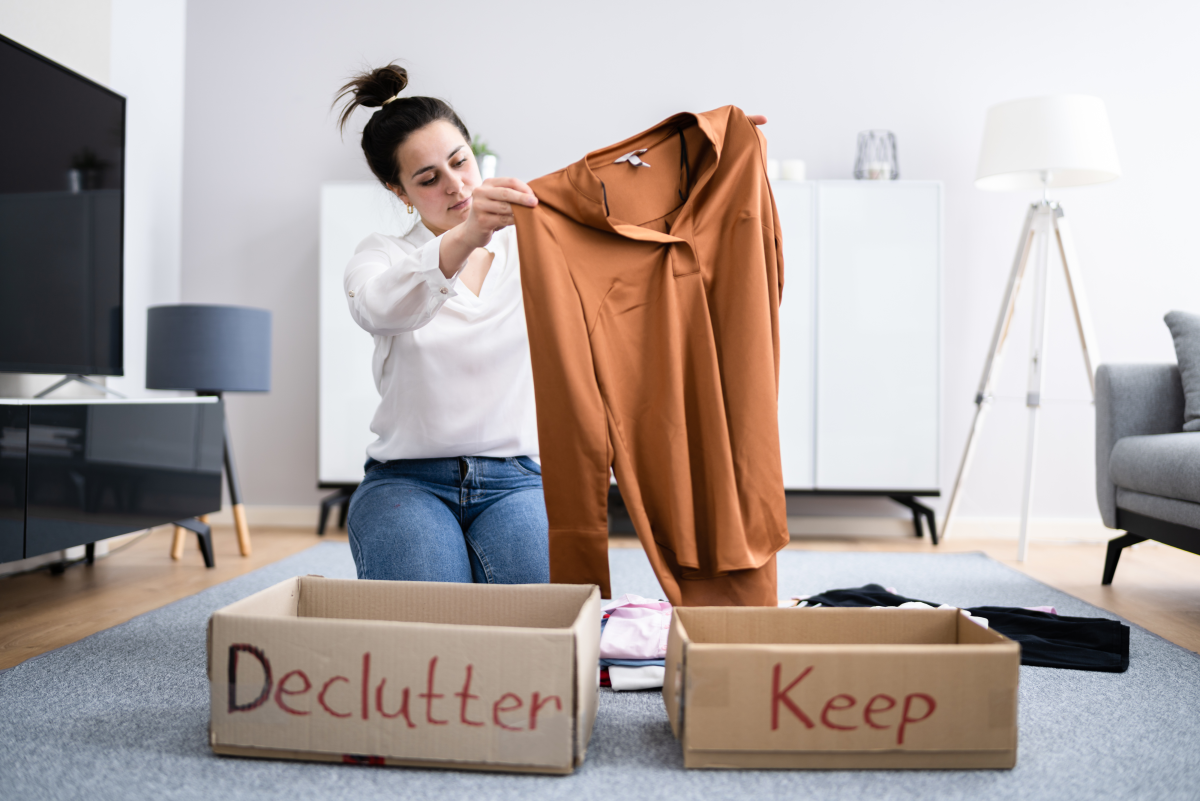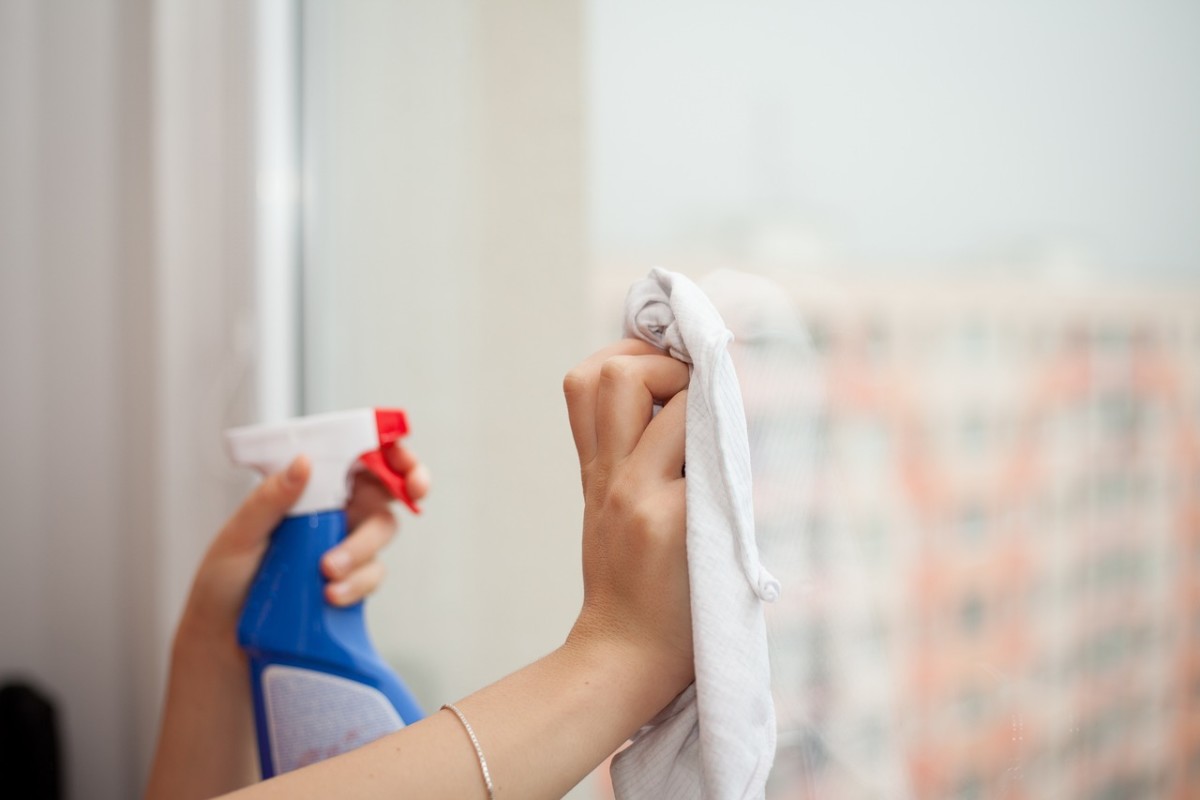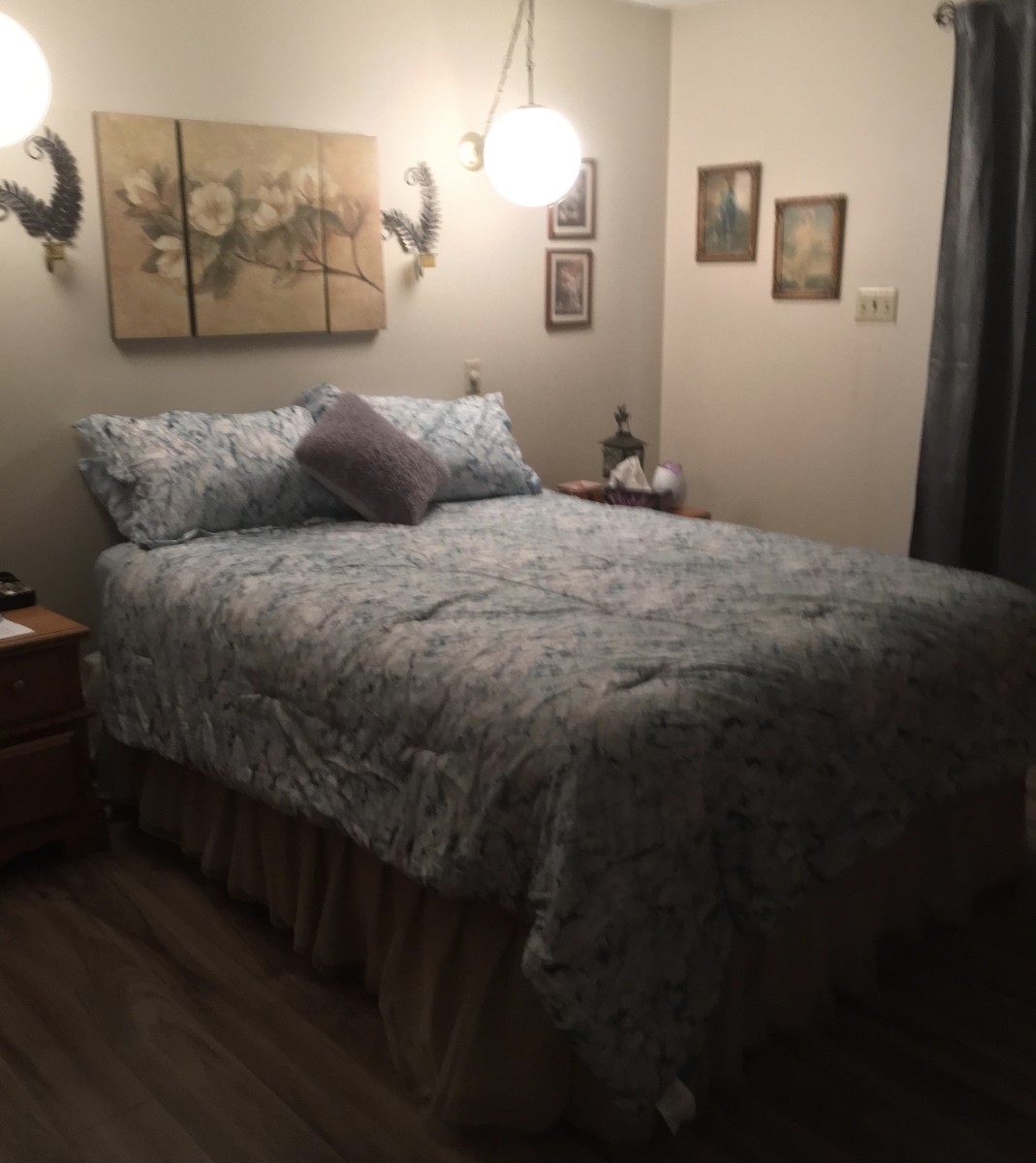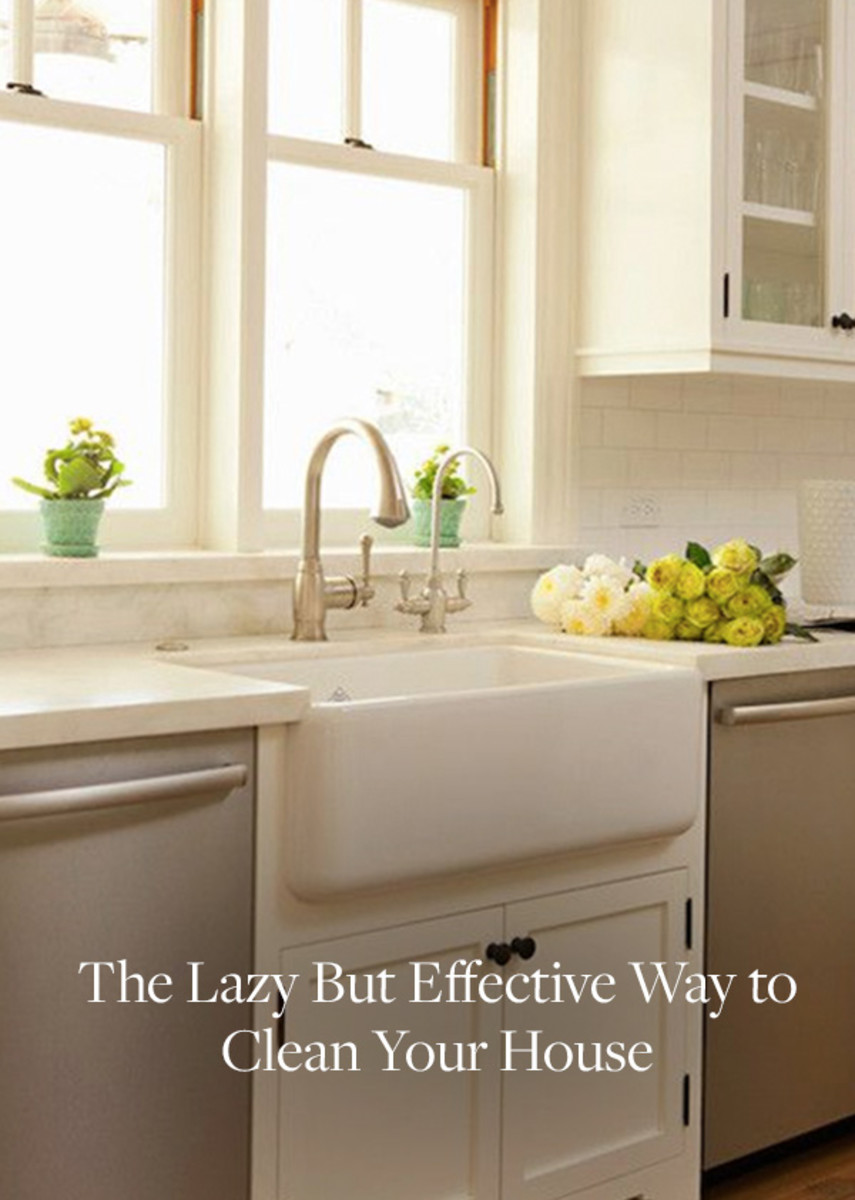- HubPages»
- Home and Garden»
- Cleaning»
- Organizing & Decluttering
9 Daily Decluttering Habits Every Busy Parent Needs to Adopt
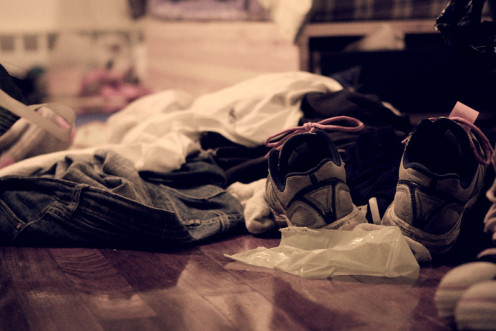
Battling clutter is a daily struggle, especially when children are in the picture. Sometimes it feels impossible to find the time to take control of the clutter building up in corners of your home. As a mom of three small kids, my house has often stayed in a constant state of mess that at many times have felt overwhelming and unmanageable. Stuff seems to consistently flow into the house with no outlet. For a busy parent who barely has time to sit down for five minutes, let alone spend hours sorting through the accumulation of papers, crafts, schoolwork, toys, clothes, and the hundreds of other little things seem to pile up in every corner of the house, it's easy for things to get out of control in a small amount of time.
Full disclosure: I don't live in a perfect, pristine home. If you come visit my house right now, you will not be impressed by how clean and put-together it is. More likely than not, you will probably trip over a toy, or step on a Lego or a cat or a child. But, I do live in a home that is getting better as systems are put into place and good habits are performed. By creating better habits, things are less likely to spiral into a state where I feel helpless and things feel out of control.
What took a long time to learn, and what I would like to share in this article, is that "decluttering" is not just that necessary evil that needs to be done a couple of times during the month or the year, but rather it is a set of daily habits to be adopted. The change starts with you! By having a system in place, you'll not only feel more ready to tackle the existing clutter in your house, but you'll feel more prepared to prevent clutter before it happens.
Daily Decluttering Habits Every Busy Parent Needs to Adopt
-
Keep a box for donations at all times – Save a large cardboard box, and put it somewhere your home where it won't be tripped over or be an eyesore. As you go about your day, if you notice toys that haven't been touched in ages, clothes that are outgrown, and that knickknack Aunt Tilly gave you for Christmas ten years ago that you never liked, throw it into your donation box. If your house is extremely cluttered, give yourself a goal of putting 5-10 items a day for 30 days either in your donation box or in the trash. When the box is full, put it in your car and drop it at a donation center at The Salvation Army or Goodwill the next time you leave the house. Replace the box, and start again. This habit alone, over time, will significantly reduce the amount of clutter around the house.
-
Do 15 minute sweeps – Sometimes it's just plain hard to find the motivation to go through clutter, especially when you have many other things on your plate, so give yourself some motivation. You can spare 15 minutes, no matter how busy you are (trust me, you can!). Set a timer for 15 minutes, and pick up the first piece of clutter you see. Put it where it belongs, throw it away, or put it in your donation box. As you are dealing with that item, pick up the next item that pops into your view. It could be a plastic bracelet your daughter threw on the floor that you had to step over to throw something else away. Pick up the bracelet. Put it away, throw it away, or donate it. Then go to the next item in view. Repeat this for 15 minutes. When I do a 15 minute sweep, the whole house gets a bit of a pick up. You'll immediately feel a bit better, and may even be motivated to go for longer.
-
Declutter in small chunks – Besides doing a timed sweep, another good habit is to start small. Pick a small pile and focus on that pile until its gone. If you have time, move on to the next pile. Small victories will keep you motivated, and keep you from becoming overwhelmed.
-
Take photos, then toss – If your children are little artists like mine, then I'm sure you are also dealing with piles of drawings, paintings, and crafts floating around the house. A good way to get a handle on this, like everything else, is to have a system in place. Instead of keeping everything your child ever made, keep a few favorites in a folder or storage box. For the rest, take a photo and throw it away. I learned this from my sister-in-law, and it is a hard! I'm still working on it, but I find that neither my children or I miss the majority of art that gets tossed, and the photos I take do not even get looked at. But taking photos makes it mentally and emotionally easier for a nostalgic person like me to let go. This is also true with anything nostalgic, like that ratty, broken, dirty toy that they loved when they were three and now don't care anything about. Take a photo, and get rid of it.
-
Create a home for wandering items – Everything in your house should have a place. If it doesn't have a home, then either get rid of it, or create a place for it. Our TV remote controls floated around the living room for a long time, getting lost every five minutes, until I decided to go to Michael's and grab a little basket to put the remote controls inside. School papers were piling up on every flat surface of our home, until I finally bought a box specifically for schoolwork that the kids and I could go through when the school year ended. Buying functional storage spaces, like baskets and boxes, can be helpful for storing, sorting, and creating permanent homes for clutter items.
-
Don't leave the little things for later – Habitually putting the little things off for later can make small projects turn into large chores. Small, deal-with-later items often pile up around my house, especially on counter-tops. If you notice something, give yourself 5 minutes to handle it. Glue the broken toy. Put fresh batteries in the remote. Pay the bill. Wash the one plate in the sink. Pick up the Cheerios the baby threw all over the floor. Putting small things off until later is a recipe for leaving you overwhelmed when you're faced with all those little things at once.
-
Get the family to join in – Teach your children that each of their belongings have a place, and show them where that place is. It may feel like a losing battle some days, but you are teaching your children good habits, and getting the help you need.
-
Stop clutter at the source – One of the best pro-active ways to battle clutter is to deal with the problem at its source. Pay attention to what you, your spouse, and your kids are bringing into the house. My kids especially love to bring cheap knickknacks, nature, and frivolous little items that they almost instantly forget about once they've entered the house. Be the filter for your home. Get rid of those kind of items right away. Be mindful of your own shopping habits also. When you're at the store, think before you buy things that may be contributing to your clutter, like decorations, fun trinkets for the kids, or anything else that may be temporarily enjoyable but in the long run contribute to your house's disarray. Always think before you bring more things into your home.
-
Give yourself grace – The most important thing to remember when it comes to clutter is to not be so hard on yourself. If you are a busy parent, your home is not going to become organized and pristine overnight. If you let things pile up, don't beat yourself up. Deal with it, one thing at a time, one day at a time. I promise you, that if you practice these habits, your clutter will become manageable and disappear over time.
Once you've adopted these habits and perform them daily, your home's appearance, and your mood, will improve. These will also motivate you to take on more ambitious projects once you do find the time, like a garage sale or a spring cleaning. There are many 30 day challenges online that can help you declutter your house room by room, and keep you motivated and on task. But these major projects will ultimately fail, and the clutter-cycle will repeat, if you don't implement a system for dealing with clutter on a daily basis.
Start small, give yourself time, and adjust your habits. You can do this!
© 2020 Veronica McDonald


